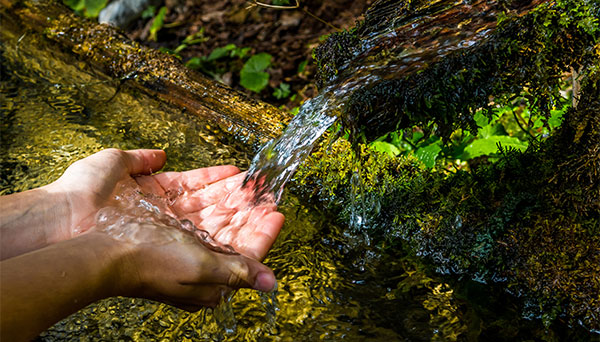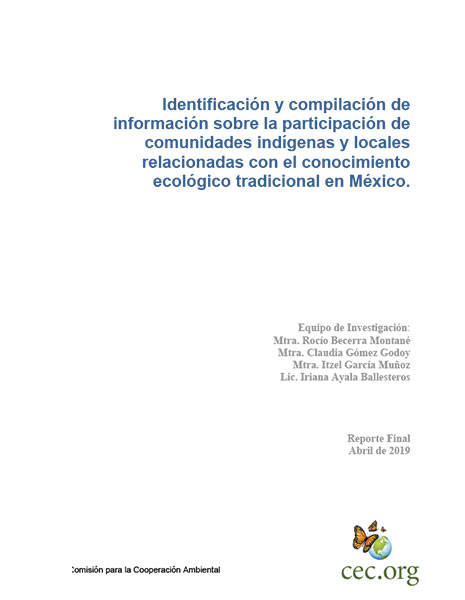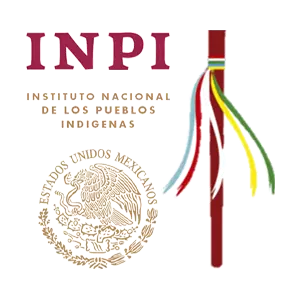Indigenous Approaches to Freshwater Management in North America
Status: Completed
Operational Plan: 2021
Project Duration: 16 months
Start date: November 15, 2021
Water is central to the spiritual, cultural and personal aspects of Indigenous life, and these holistic relationships and the transfer of intergenerational knowledge inform traditional approaches to sustainable management of freshwater resources. This project will reflect upon these unique perspectives and engage Indigenous communities across North America.
To find out more about this project, here is the complete project description.

Issues
- Water is at the core of the six pillars under CEC’s Strategic Plan: water management, water cleanliness, ecosystem health, marine pollution, and supporting economic sectors heavily reliant on the sustainable management of water.
- Indigenous Peoples’ traditional cultures and knowledge systems are globally recognized as holding critical information related to achieving sustainable practices in environmental management. As such, a fuller appreciation of Indigenous Peoples’ perspectives is essential to advancing inclusive and diverse sustainable environmental management approaches. A better understanding of these perspective will also enable us to meet our goals and priorities, as well as institutionalize the inclusion of traditional ecological knowledge (TEK) in the activities of our organization.
Aim
This initiative will document Indigenous approaches to freshwater management in North America and make lessons learned from those approaches available to the public through our website. It will also include a series of case studies identified by the Traditional Ecological Knowledge Expert Group (TEKEG) and include an exchange of experiences through a knowledge dialogue to complement the case studies, as well as a workshop with water experts on potential opportunities to apply traditional ecological knowledge to our operations and policy recommendations.
Deliverables
- Report documenting case studies of Indigenous Peoples’ approaches to freshwater conservation and sustainable use across North America.
- Reports from the exchange of experiences through a knowledge dialogue and workshops on Indigenous approaches to freshwater management in North America.
- Project webpage showcasing the project’s results.
Principal results
By empowering Indigenous Peoples to showcase their priorities, rights and relationships to freshwater, this project fostered dialogue and interactions among Indigenous Peoples, Crown/State governments and other key actors for freshwater management. Approaches to freshwater management differ not only in each country, but often from community to community. Despite the diversity and unique contexts of Indigenous Peoples in North America, this project demonstrated that Indigenous Peoples often view water as a sacred and central part of life. The recommendations developed by and with Indigenous Peoples for this project consistently noted that when Indigenous knowledge systems, stewardship practices, and rights to freshwater are considered from the outset and incorporated throughout freshwater management, Indigenous Peoples can be leaders in helping to keep water clean and safe for generations to come.
Related Publications

Inventory of TEK Projects and Engagement in Canada
This study identifies – but does not assess the efficacy of – existing frameworks in Canada for the engagement of Indigenous communities associated with...

The purpose of this Compilation of Engagement with Indigenous Communities and Experts Associated with TEK in the United States is to assist the Commission for...

Guide to the Inventory of CEC initiatives with Indigenous engagement (1995-2018)
As part of the North American TEK Atlas project, the present guide is a companion to the Inventory of CEC initiatives that have included Indigenous engagement....





